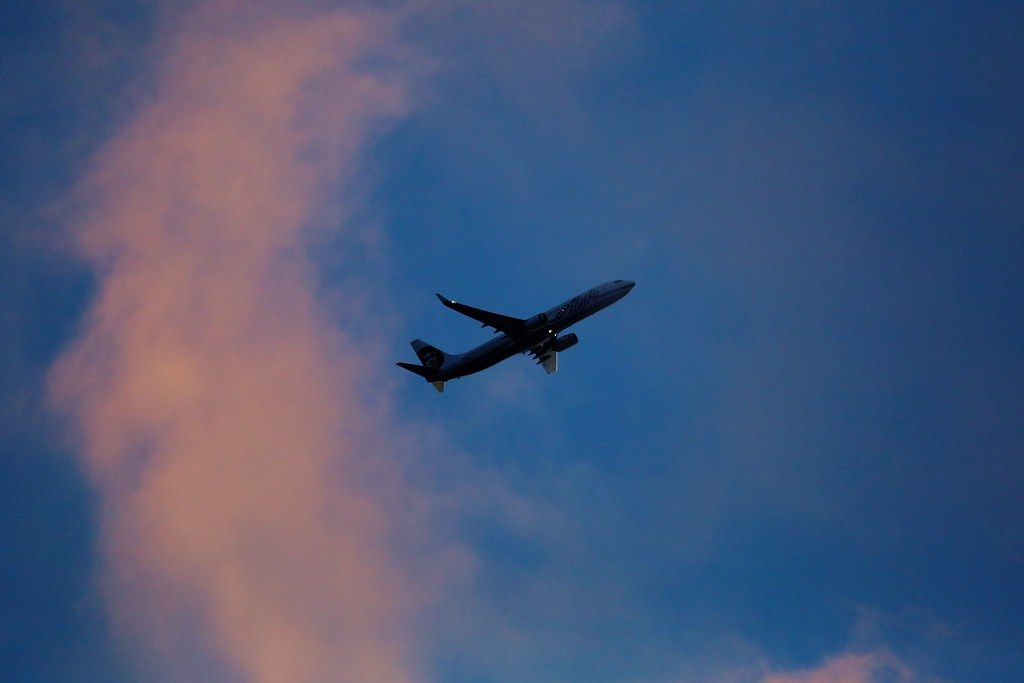Fear of crime and terrorism dampens travel plans and often deters travelers from booking vacations abroad. However, there are ways to protect yourself from threatening and stressful situations. While being aware of your surroundings and using common sense will keep you out of harm’s way most of the time, there are other things you can do to decrease your chances of becoming a victim. Here are a few travel safety ideas gleaned from travel security experts from around the world. (Bonus: these ideas won’t cramp your style either.) Here are 6 ways to stay safe and prevent accidents while traveling:
Do Your Research
There are almost 200 countries in the world, and none of them follow a uniform crime reporting standard. It is important to know where to get reliable information. When it comes to natural disasters, political unrest, and disease, the U.S. State Department issues Global Travel Alerts and Warnings. Travel Alerts are temporary situations such as floods or outbreaks of diseases like cholera.
Travel Warnings are issued for countries or areas dealing with natural disasters or political instability. The best site for detailed crime information is the Overseas Security Advisory Council, a joint venture between the US government and the private sector. Furthermore, there are tons of amazing blogs where you can find valuable information about different destinations. Let’s say you want to travel to Thailand, for example. You can read online about the best places to visit in Thailand for the first time you are there and a bunch of other useful information.
 Use Your Resources
Use Your Resources
There are great resources out there for travel safety, but too many travelers don’t know that they are. One resource in particular is the US State Department’s Smart Traveler Enrollment Program (STEP), which can get information to you in the event of a catastrophe or violent political event. First, you fill in your itinerary, which can include friends and family traveling with you. Add flight details, travel dates, hotels, phone numbers and information that you are willing to share with the US Embassy or consulate covering your destination. Also, if you’re needed for a family emergency back home, they can help locate you. Best of all, it is completely free!

Have a Plan
“Plan to be safe. If an unexpected threat arises during your trip, you want to act on a plan, not just react,” says Kathy Bedell, senior vice president of BCD Travel. Keep maps of the immediate area close at hand. Program local emergency numbers into your phone and have the information of your country’s embassy available. Imagine different scenarios and how you would handle them before your trip. Don’t let this deter you from traveling. Just think of it as helpful information that may come in handy. Bedell also suggests for women to “leave behind any jewelry at home you would regret losing.”
Protect Against Pick-Pocketing and Theft
The FBI suggests cleaning out your wallet of unnecessary ID, credit, debit and business cards. They also suggest that if you can travel without your electronic devices, do so. Keeping copies of your passport and credit cards in a separate location is also a great way to protect yourself if you are robbed. Some journalists have found that carrying a fake wallet on them has saved them from violent muggings. An old wallet with fake credit cards and a few dollars acts as a decoy. A thief snatches the wallet and doesn’t know it is fake until they have made their getaway. This is only necessary in places where thieves are known to be bold enough to violently mug travelers who may be carrying valuables under their clothes.
Bob Arno, co-author of Travel Advisory: How to Avoid Thefts, Cons, and Street Crimes While Traveling, warns of “Apple pickers” or smartphone thieves. He strongly advises against having your phone on a cafe table or within easy reach inside a zippered purse; keep it deep. For dicier areas, like North Africa, Arno says to “have your internal antennas up at all times. Stay in nondescript hotels and avoid all organized groups. Dress to blend in, and never appear boisterous.” By wearing muted colors or purchasing local styles of clothing, you can blend in more easily with the local crowd. Thieves and pick-pocketers look for people who are not paying attention. If you are drawing a lot of attention to yourself, you may be putting a target on your back.
Outsmart Hackers
Safety from physical harm is important, but so is your online identity. Wherever you go, hackers are looking to get your information. Lack of encryption on mobile devices, especially while using free or open wifi, gives hackers access to your phone’s data. Geotags telling where you are (and where you aren’t) can also make you and your information vulnerable. Identity theft expert Adam Levin, author of Swiped: How to Protect Yourself in a World Full of Scammers, Phishers, and Identity Thieves, recommends avoiding free travel apps with one or two-star reviews.

Always read the privacy policy, data collection and permissions that you will grant any app provider. While on the road, a wifi hotspot finder can be your link to the world. Levin suggests you don’t use hotspot finders that ask permission to receive SMS or export contacts from your device. It is a gift to identity thieves. Find the right apps for your travel needs, and while you are at it, upgrade your credit card to one with an embedded security chip and follow the same precautions used at home.
Consider Insurance
Travel insurance that offers “cancel for any reason” policies and medical evacuation coverage can be very helpful. Be sure to read and understand the fine print, as some companies don’t deliver on what they advertise.
Here are a few more helpful tips:
- Check your destination’s Twitter feed for the latest updates and plan accordingly.
- Photograph your bag and the destination tag before you check it. It will help in locating it if it becomes lost during transit.
- When traveling solo, ride in train compartments with other passengers. For overnight trips, get an upper berth. On buses, stand or sit close to the driver.
- Wear clothing that is comfortable and has hidden zippered pockets. Consider going “native,” dressing as the locals do.
- When staying in a hotel or motel, get a room on the upper floor. It means more work and longer time for a criminal to be on site. Use the peephole when someone knocks, and call the front desk before opening the door if you have suspicions. If there is a balcony, secure the door. If your room is en suite, check the door for a working deadbolt lock.
- If you find yourself in an active shooter situation or explosion, run away! Trapped? Block any doors, keep away from windows and hide. Call the local emergency hotline (In Europe, it is 112) and silence your phone’s ringer.
- As a last resort, fight with all your might, without mercy. This throws criminals off their game and also gives responders more time to arrive.
Whatever you do, exercise common sense, be aware of your surroundings and don’t let the travel safety concerns stop you from enjoying your trip!
Check out more travel tips:

